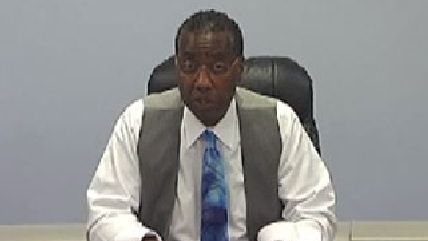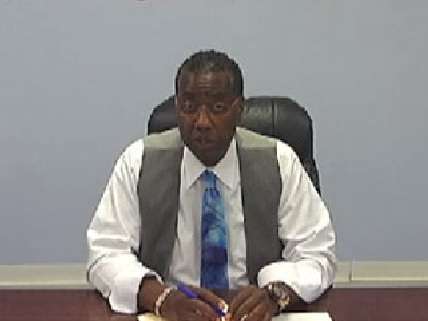Oh Look, NYC Corrections Officers Union Blocking Reforms, Investigations at Rikers Island


Another piece of anecdotal evidence of how law enforcement unions stymie reforms aimed at reducing official violence, this one via New York City's Correction Officers' Benevolent Association and The New York Times:
With brutality by guards at the Rikers Island jail complex rising at an alarming rate, the chief investigator for the New York City Correction Department stood before a roomful of senior officers and union leaders in the summer of 2012 and outlined her plans to crack down on abuse and send more cases to prosecutors.
The presentation infuriated one main in particular, Norman Seabrook, the powerful president of the Correction Officers' Benevolent Association, who believed the incidents should be handled internally. For the next two years he did everything in his power to get rid of the investigator, Florence Finkle. He helped scuttle some of her investigations, got one of her top people transferred, called for her resignation and denounced her on his weekly radio show.
In August, he finally got his wish: Ms. Finkle was forced out, replaced by a former senior Police Department official-a childhood friend of Mr. Seabrook's.
Read the whole New York Times profile of Seabrook's power here.
Bill de Blasio says he won't let this stand. LOL J/K. For guys like de Blasio social justice means backing the unions and not something like making sure scoundrels aren't tolerated in the prison system. It's such an uphill battle sometimes.
My exposure to Norman Seabrook comes from hearing corrections officers union commercials on WABC during the Mets broadcasts. They're pretty loathesome, I can't find any online but the copy of the one I heard claims corrections officers are what keeps criminals from raping and killing your relatives. The spots end with the line "Without us, how safe would you really be?" It's a disturbing question if the listener is an inmate of the New York City corrections system. And even for law-abiding residents of New York City the answer to Seabrook's question isn't so clear cut. Depending how widespread the abuse Seabrook is covering up is, it could be leading to increased recidivism and hardened ex-cons.


Show Comments (4)